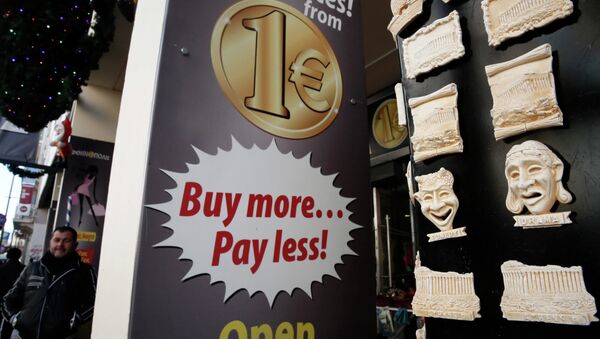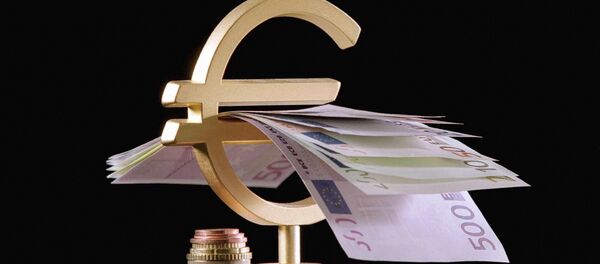The financial solidarity and stability mechanism will go hand-in-hand with the creation of a single European migrant office and fighting secondary migration. Macron agreed to support a review of the Dublin regulation, which makes the country of the first entry responsible for processing migrants’ asylum claims.
Merkel is currently in a stand-off with her coalition government, which wants to return migrants already registered in other EU states, and needs to reach bilateral agreements with other EU states to return those migrants.
"What we saw yesterday is a kind of a pay-off in some way in exchange between Macron and Merkel to talk about whereas Merkel has counter demands with regard to migration in Germany’s policy towards migration. The German support for the euro budget is all about Macron taking a counter position to support Merkel," Paul Smith, a Nottingham University professor specializing in French politics, said.
"The sense that there is a budget to manage the Eurozone is an important step forward for the credibility of the Eurozone… But it’s also very important for Macron, he understands that there is a time limit and something has to seem to be done at the European level," he explained.
But Smith added convincing taxpayers at home to pay for saving the poorer neighbors might be difficult and would be certainly used by Merkel’s and Macron’s political opponents.
"There certainly will be this sense among the taxpayers; it will be certainly used by populist left and right parties that the taxes should be focused on national and not European priorities… That’s going to be very difficult to sell to an increasingly skeptical electorate, particularly from Merkel’s point of view, from some of her coalition partners."
Eight EU countries have recently signed a document opposing Macron’s EU reform. They include the wealthy northern European states like Sweden, Denmark and the Netherlands – the countries who could make a considerable contribution to the new European "stabilization fund."
"Those who would be convinced are the southern European states, the new member-states: those who will have to be convinced are the Netherlands, the Nordic countries," Lannoo predicted.
But the end result may well be forth it, the pundit argued, with that sort of equalizing benefiting the overall European economy. Germany, in particular, will benefit from the free and open European trade, specifically with Italy where its car makers control up to 30 percent of the market.
"You won’t realize the impact of this thing overnight, you have to move into this gradually and create an awareness of how important it is to have something like this… If we let certain regions go down, it affects overall European economy, it affects welfare of everybody… If you keep Italy, or Greece, Southern Europe at a certain level of welfare it benefits European economy overall."





